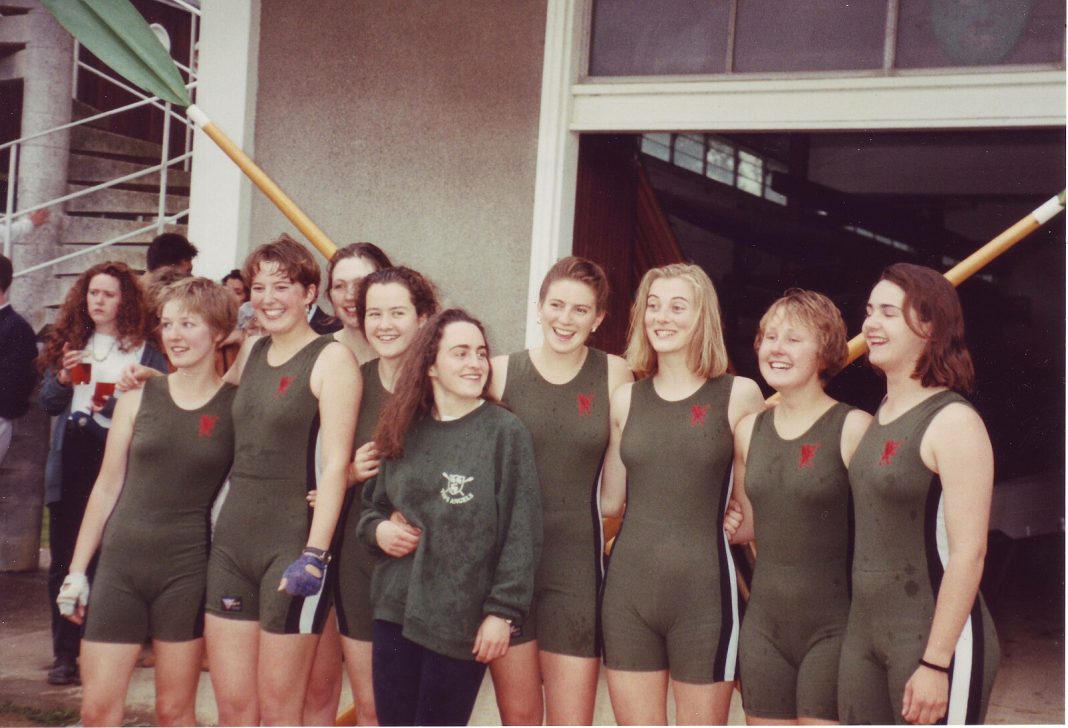Five colleges at Oxford University – Wadham, Jesus, Hertford, St Catherine’s, and Brasenose – are celebrating the 50th anniversary of their admittance of female students and becoming the first co-educational colleges. Events are organised throughout the year to celebrate this milestone.
Hertford College plans to release a video series, Hertford Voices, to commemorate both the 50th anniversary of women’s admittance and the 150th anniversary of Hertford’s re-foundation. St Catherine’s College and Brasenose College have also scheduled talks or lecture series from their alumni. Jesus College held an alumni gala night to start their festivities, and Wadham College’s celebrations commenced with panel discussions by alumni from the early years of female admission.
The move to co-educational learning started in 1968 when Wadham’s JCR passed a resolution in favour of it. This eventually became a larger movement, involving the creation of a subcommittee to investigate accepting women. In 1974, the five colleges decided to open their doors to both genders. Previously, womens’ only colleges such as Lady Margaret’s Hall and Somerville College have been educating women since 1879, and St Hilda’s became the last women’s only college to accept men in 2008.
A Hertford College spokesperson told Cherwell: “Hertford is incredibly proud to have been among the first colleges to admit women – a testament to our progressive, inclusive, and academically excellent community.”
The first video of Hertford Voices features stories from Hertford’s first cohort of women. Hertford told Cherwell: “Cathy Shingler recalls the attention [the women] attracted, which sometimes bordered on harassment, though they didn’t use that term at the time. Another memorable story is from 1976 when the first Hertford women’s rowing team competed in Summer Eights. Though they didn’t win, the team symbolised women’s growing integration into college life.”
In a video released by Hertford, these trailblazers also recalled the college’s infrastructure challenges in accommodating women, including outdated facilities and long walks to showers and toilets.
This sentiment could be seen during the Five @ Fifty panel, where women of the first co-educational colleges spoke about their experiences. Francine Stock of Jesus’s third cohort said that the loss of the male rugby team was partially blamed on female students: “A little note was put under all our doors suggesting that women might not want to go down to the bar that evening.”
A Wadham spokesperson told Cherwell: “Wadham has a progressive history and remains true to its values of inclusion and diversity today. The College is proud to be among the first tranche of former men’s Oxford colleges to admit women, and of being the first college to be founded by a woman who was not a queen or an aristocrat.”
Wadham’s Diversity Project in 2016 led to the inclusion of portraits of women in Hall and around the College site; previously only men’s portraits hung in the Dining Hall with the exception of Dorothy Wadham. Other celebratory events included a panel discussion on issues of gender and power within the University.
Dame Sally Mapstone of Wadham’s second-year cohort, now an Honorary Fellow of the college, discussed the imbalance of female and male academic staff at Oxford. She said: “It would be a very big mistake to think that it is a level playing field. When you start to look at issues of intersectionality, the imbalances are still really severe.”
Although there are more female than male undergraduate students as of 2023, women made up only 22% of all Statutory Professors, and 33% of Associate Professors.


